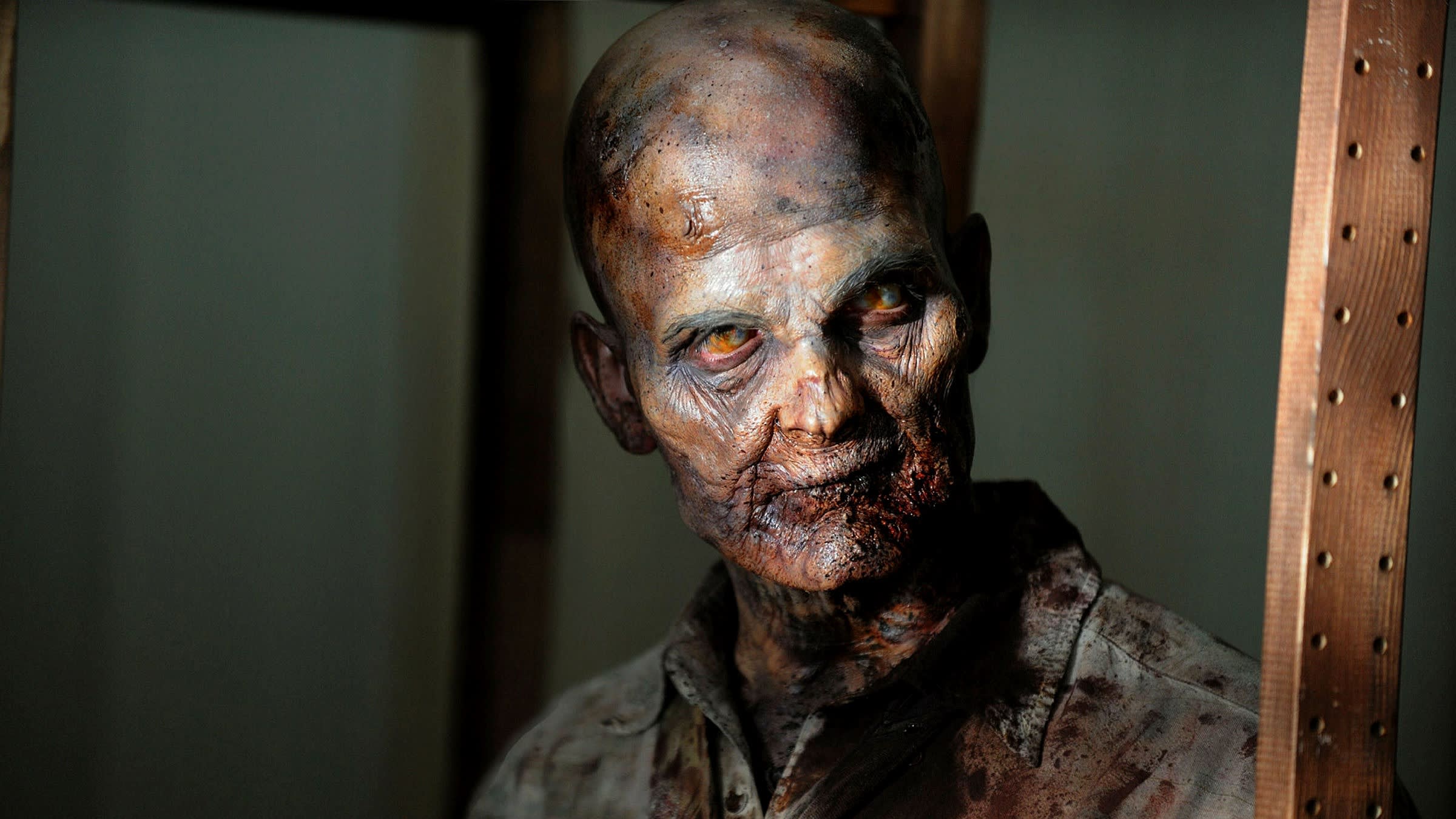The zombie rally
By the end of Monday’s trading, the S&P 500 was up on the year. A head-scratcher when you consider that, so far in 2020, we’ve had to deal with the small matter of a pandemic-induced global supply and demand shock, a negative oil price, and deep social unrest across America.
Yet if you think the aggregate equity market action doesn’t add up, then what’s been going on in some US names might tip you into madness. Particularly if you don’t believe in the afterlife.
May we present to you: the zombie rally.
Resurrected from Chapter 11 bankruptcy filings, these shuffling, groaning and rotting equities have ripped over the past week despite a long line of garlic-lathered creditors waiting to drive a stake through their hearts.
The Indian burial ground for these cursed equities is Robinhood, the commission free trading app favoured by a -- let’s just say younger generation of investors. Glance through the data of what stocks have risen in popularity on the app, and you’ll see what we mean.
There’s car-rental company Hertz which, as we noted last Friday, filed for Chapter 11 bankruptcy protection on May 22. It’s returned 521 per cent over the past five trading days, propelled by just under 80,000 new Robinhood users.
Hertz’s market capitalisation is now $786m, almost double where it was the day before it filed for bankruptcy protection due to the small matter of $19bn of debt.
Or how about distressed department store chain J.C. Penny? It’s returned 195 per cent in the past week, despite filing for Chapter 11 on May 15. Equity holders are in a long queue behind long-term debt and lease obligations of $7.2bn, which the company said it expected to reduce by “several billion” dollars during the restructuring process.
It’s not just brands recognisable to the general public either. Whiting Petroleum, a Denver-based oil and gas company which filed for Chapter 11 on April Fool’s day is up 328 per cent since last Monday. The restructuring support agreementwith its creditors involves a “significant deleveraging” where the senior debt holders, and other creditors, will take control of 97 per cent of the equity when it emerges from bankruptcy.
That’s no biggie, however, for the 47,000-odd Robinhood investors who think the equity can avoid the grave all together:
Oil and gas has been a popular theme on the app, after the energy collapse sent a number of indebted US shale producers into deeply distressed territory. Chesapeake, the fallen shale giant with $23bn of debt, is no exception. Although, as of Tuesday morning, it has not filed for Chapter 11, its bonds are suggesting it’s just a matter of time. One $2.2bn bond due in 2025 trades at just over 5c on the dollar, according to S&P Global data.
Still, that hasn’t stopped the stock returning 437 per cent over the past week, with 9,652 Robinhood investors joining in the fun on Monday alone:
The news after hours Monday, however, might have caught a few by surprise. A one-day rally of 181 per cent was met with a Bloomberg report that the company was planning to file for bankruptcy, with control being handed over to its senior lenders. In pre-market trading, Chesapeake is off 39 per cent.
Fans of Zombie films — whether it be The Evil Dead, Night of the Living Dead or World War Z — hoping these haunted equities stagger on a while longer may also want to remember how the undead usually meet a grizzly end.
For those companies in Chapter 11, a process notorious for wiping out equity holders, it will probably be no different.




No comments:
Post a Comment